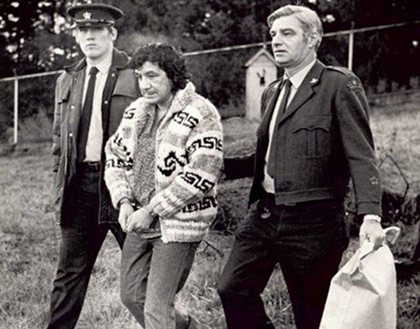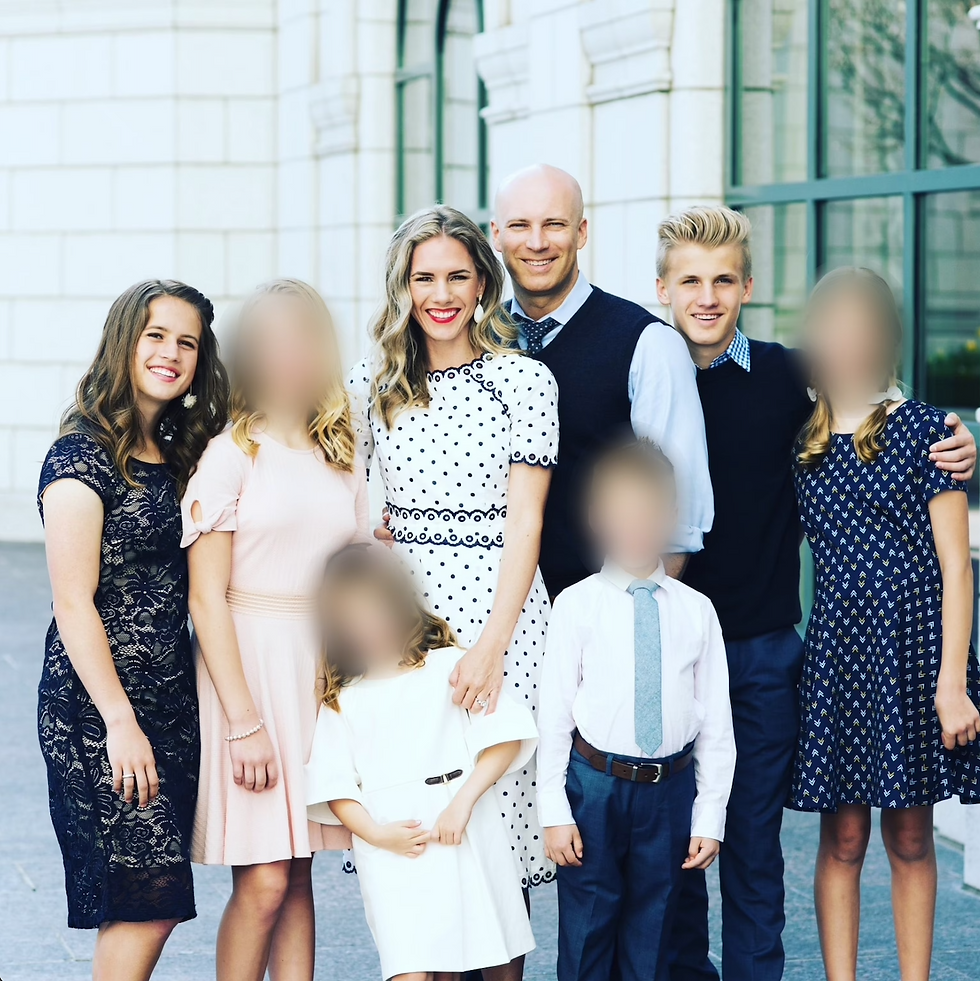HOMOCIDE: Leonard Peltier
- Yasmin Sudarsanam
- Feb 8
- 3 min read
Trigger Warning: The following case includes depictions of graphic violence. Please read at your own discretion.
In the mid-1970s, amid rising tensions between Native American activists and the federal government, a deadly confrontation on the Pine Ridge Indian Reservation in South Dakota would spark decades of controversy, legal battles, and calls for justice. What began as a gunfight on disputed land turned into a case that would divide public opinion, drawing accusations of government misconduct and raising questions about the treatment of Indigenous people within the American justice system. This is the story of Leonard Peltier.
On June 26, 1975, two FBI agents, Jack Coler and Ronald Williams, entered the Jumping Bull Ranch on the Pine Ridge Reservation while investigating the alleged theft of a pair of cowboy boots. The area had become a flashpoint of conflict between supporters of the American Indian Movement (AIM) and tribal authorities aligned with the federal government. What exactly transpired that morning remains disputed, but it ended with a violent shootout that left both agents and a young Native American man dead.

In the days that followed, the FBI launched one of the largest manhunts in its history, focusing on AIM members believed to be present during the shootout. Among those identified was Leonard Peltier, a member of AIM who had joined the organization to advocate for Native American sovereignty and rights. Peltier fled to Canada, but he was extradited to the United States in 1976 after the FBI presented an affidavit from a woman named Myrtle Poor Bear, who claimed to be his girlfriend and a witness to the crime. Poor Bear later recanted her testimony, stating that it had been coerced by federal agents and that she had never met Peltier.
Peltier’s trial began in Fargo, North Dakota, in early 1977. His two co-defendants, who had been tried separately, were acquitted on grounds of self-defense. Peltier, however, was not afforded the same jury pool or judicial leniency. The prosecution relied heavily on circumstantial evidence, including ballistics tests and testimonies, to argue that Peltier had fired the fatal shots at the agents. Key pieces of evidence, such as an alleged rifle used in the shooting, were later revealed to be inconclusive or mishandled. Additionally, the defense was not allowed to present evidence of FBI misconduct during its investigation, which they argued was critical to understanding the broader context of the events.
In April 1977, Peltier was convicted of first-degree murder and sentenced to two consecutive life terms in federal prison. The trial and conviction were met with immediate criticism from human rights organizations, legal experts, and activists, who pointed to procedural irregularities and a lack of concrete evidence linking Peltier directly to the killings. Amnesty International and other groups argued that Peltier’s trial was marred by political bias and that he had been unfairly targeted as a scapegoat for the broader AIM-FBI conflict.

Over the years, Peltier has repeatedly sought to appeal his conviction, citing newly discovered evidence and claims of prosecutorial misconduct. In the early 1980s, documents obtained through the Freedom of Information Act revealed that the FBI had withheld thousands of pages of evidence from the defense, some of which could have potentially exonerated Peltier. Despite these revelations, federal courts have consistently denied his appeals, maintaining that procedural errors did not change the outcome of the original trial.
Peltier’s case has become a symbol of the broader struggle for Indigenous rights and the injustices faced by Native Americans within the U.S. legal system. His supporters argue that his conviction represents a miscarriage of justice fueled by a combination of political pressure and racial bias. Efforts to secure his release have drawn endorsements from figures such as Nelson Mandela, Desmond Tutu, and the Dalai Lama, as well as members of the U.S. Congress. The FBI, however, has remained steadfast in its opposition to clemency, citing the deaths of two agents and asserting that Peltier’s guilt has been established through the legal process. Meanwhile, Peltier, now in his late seventies and in declining health, continues to maintain his innocence, insisting that he was wrongfully convicted and that the real killers remain unpunished.
Nearly five decades after the events at Pine Ridge, Leonard Peltier’s case remains one of the most controversial in modern American history. It serves as a stark reminder of the deep-seated tensions between Native American communities and the federal government, as well as the challenges of ensuring justice in a system where power and prejudice often intersect.
Feel free to leave your thoughts, opinions, and questions below! If you want to see more cases similar to this one, like this post to let me know!
Thank you to Viji for suggesting this case; if you have a specific case you would like me to cover, please leave it in the suggestion box!
Sources:
https://www.koat.com/article/the-ongoing-fight-for-leonard-peltiers-clemency/63458288
https://www.fbi.gov/history/famous-cases/resmurs-case-reservation-murders
https://www.npr.org/2024/07/02/nx-s1-5026755/leonard-peltier-denied-parole
https://www.ncai.org/news/president-macarro-asks-president-biden-to-free-leonard-peltier
https://www.amnesty.org/en/wp-content/uploads/2021/05/AMR5134192016ENGLISH.pdf




Comments